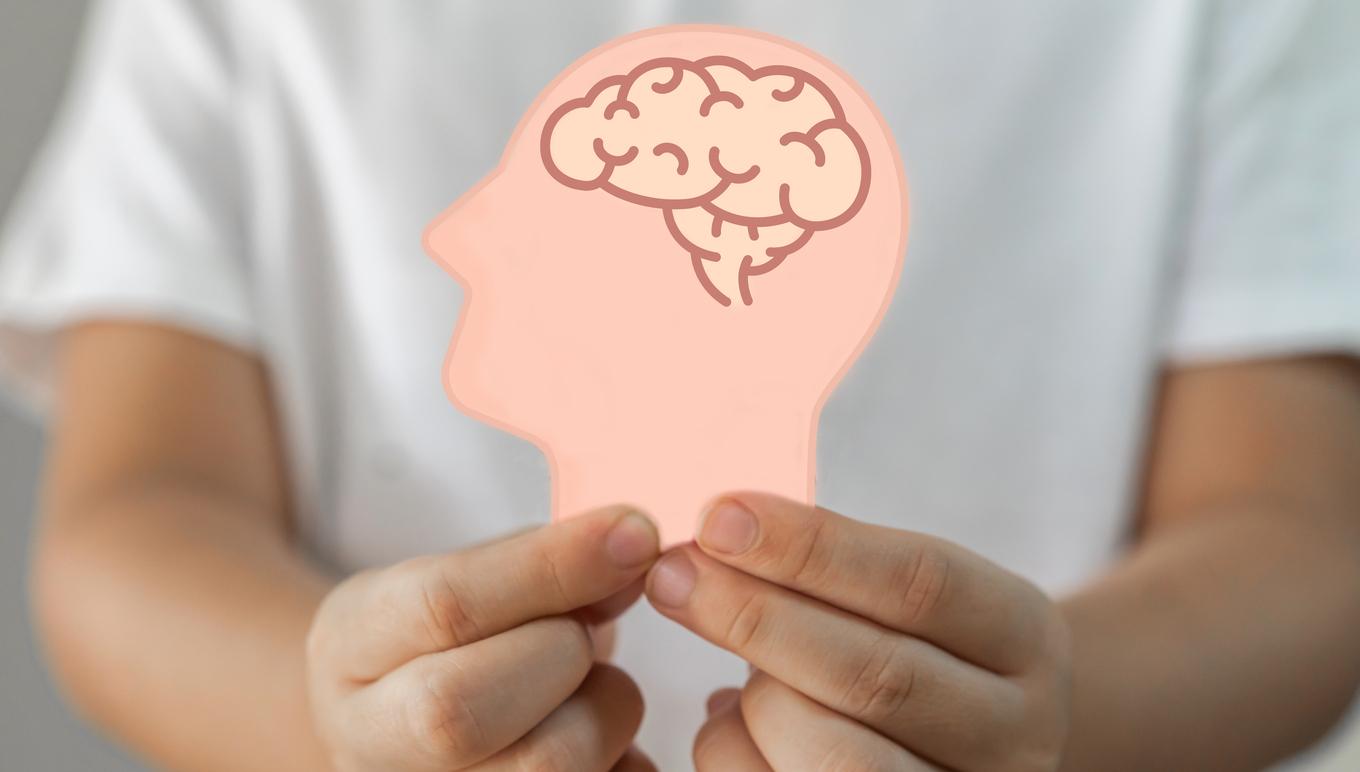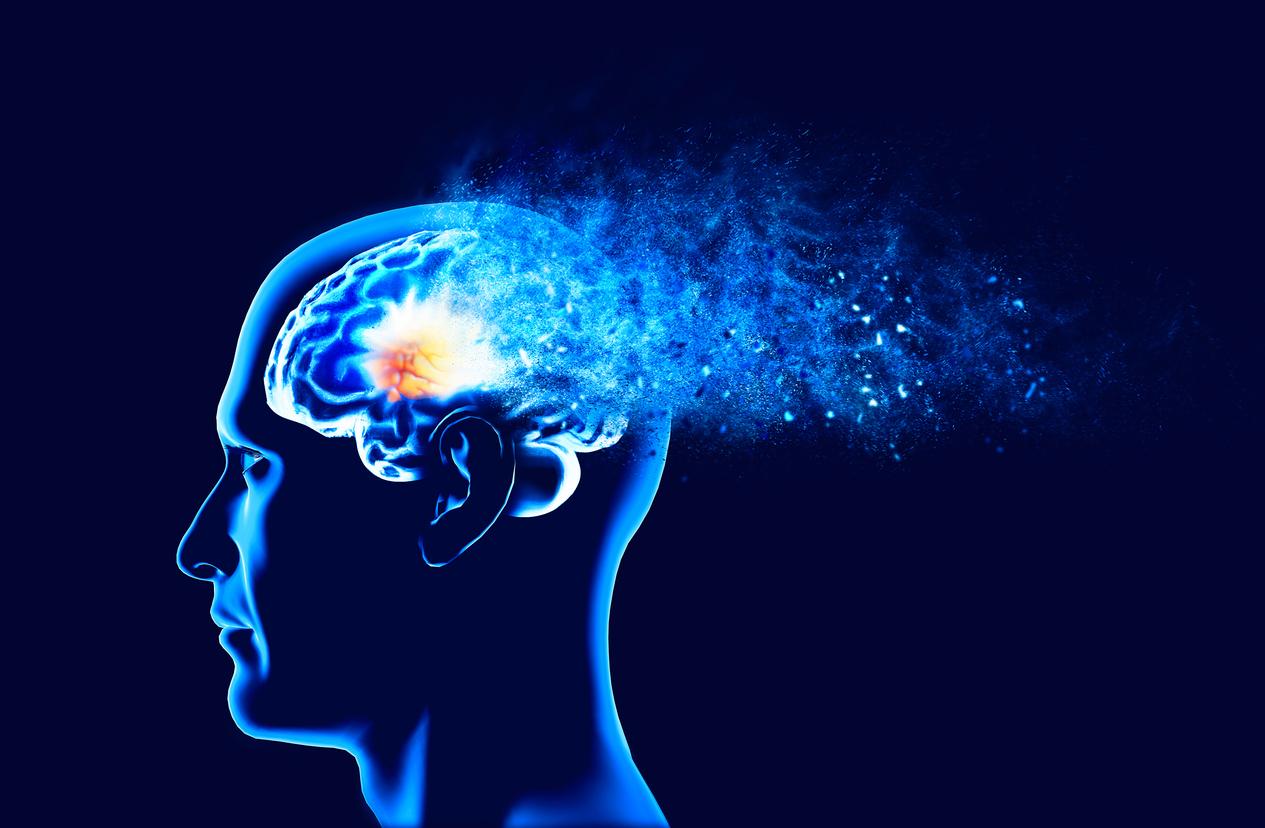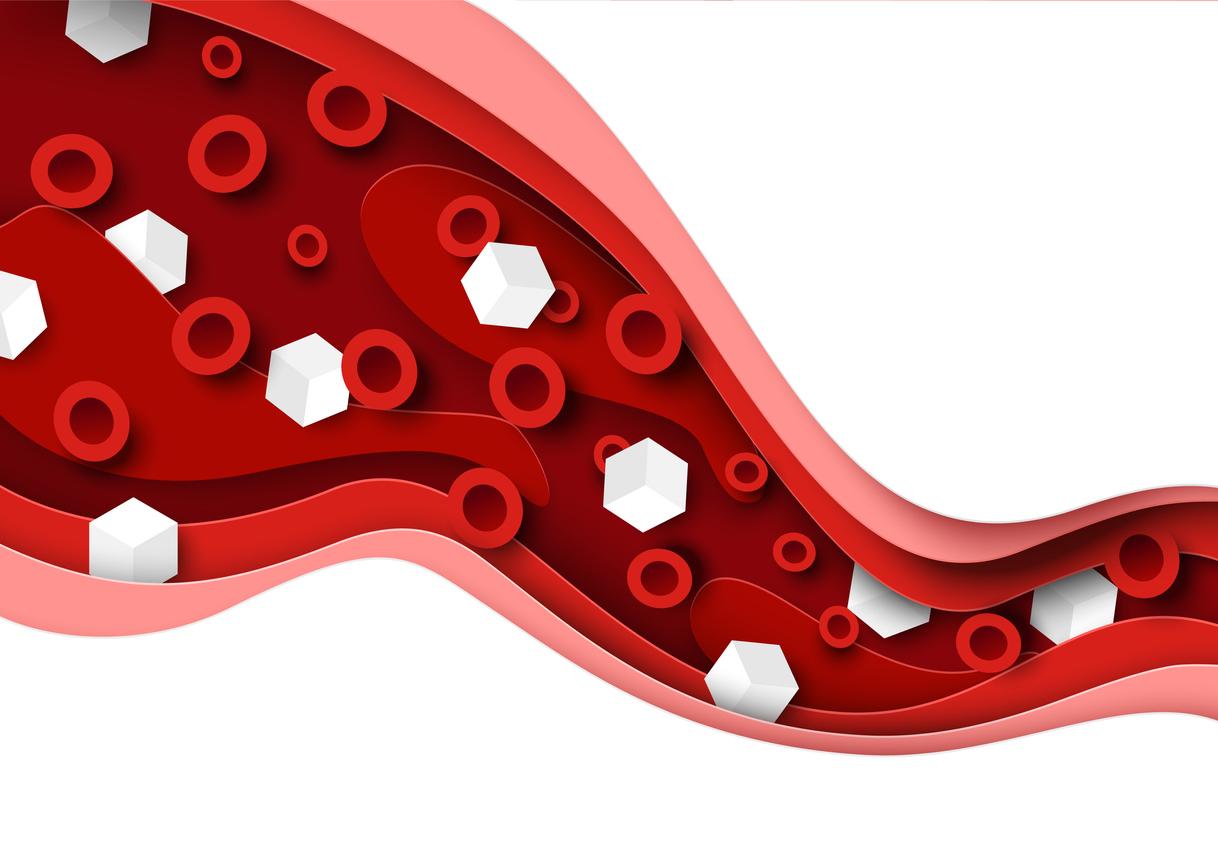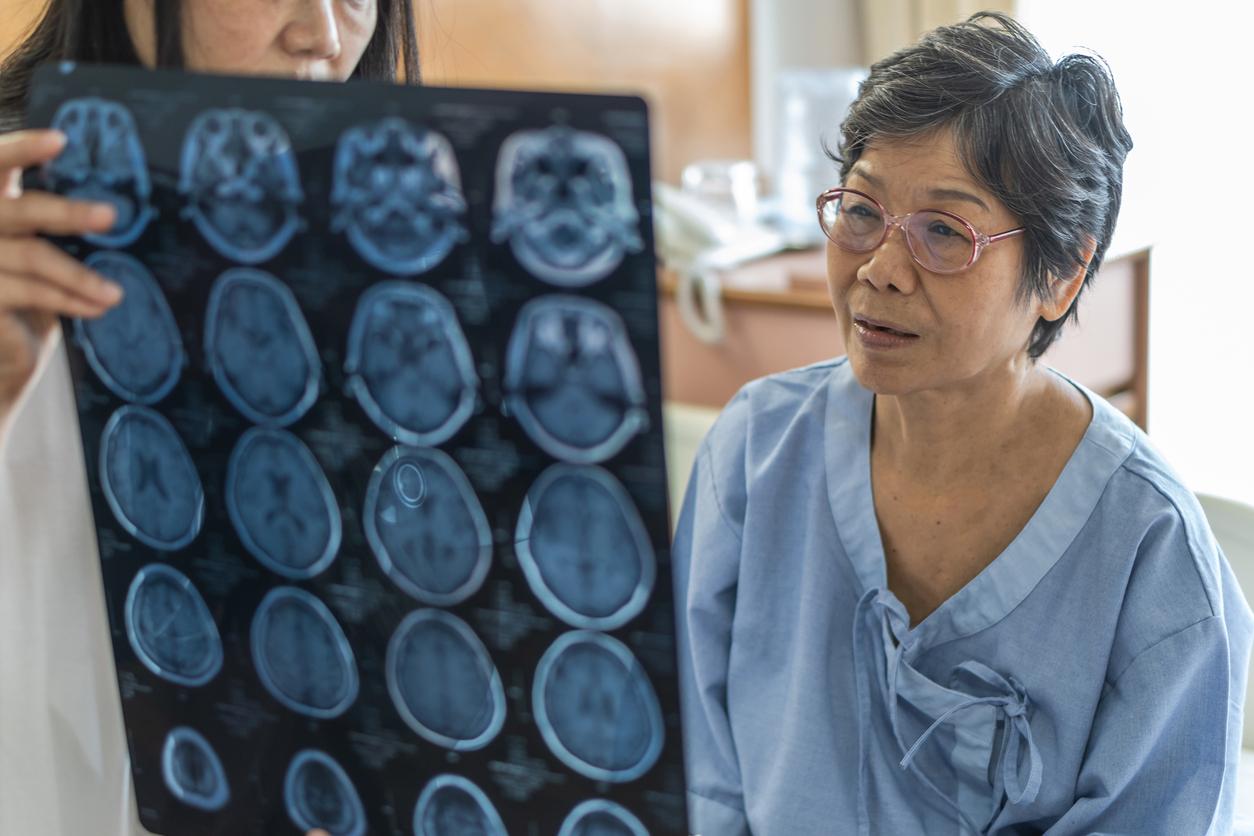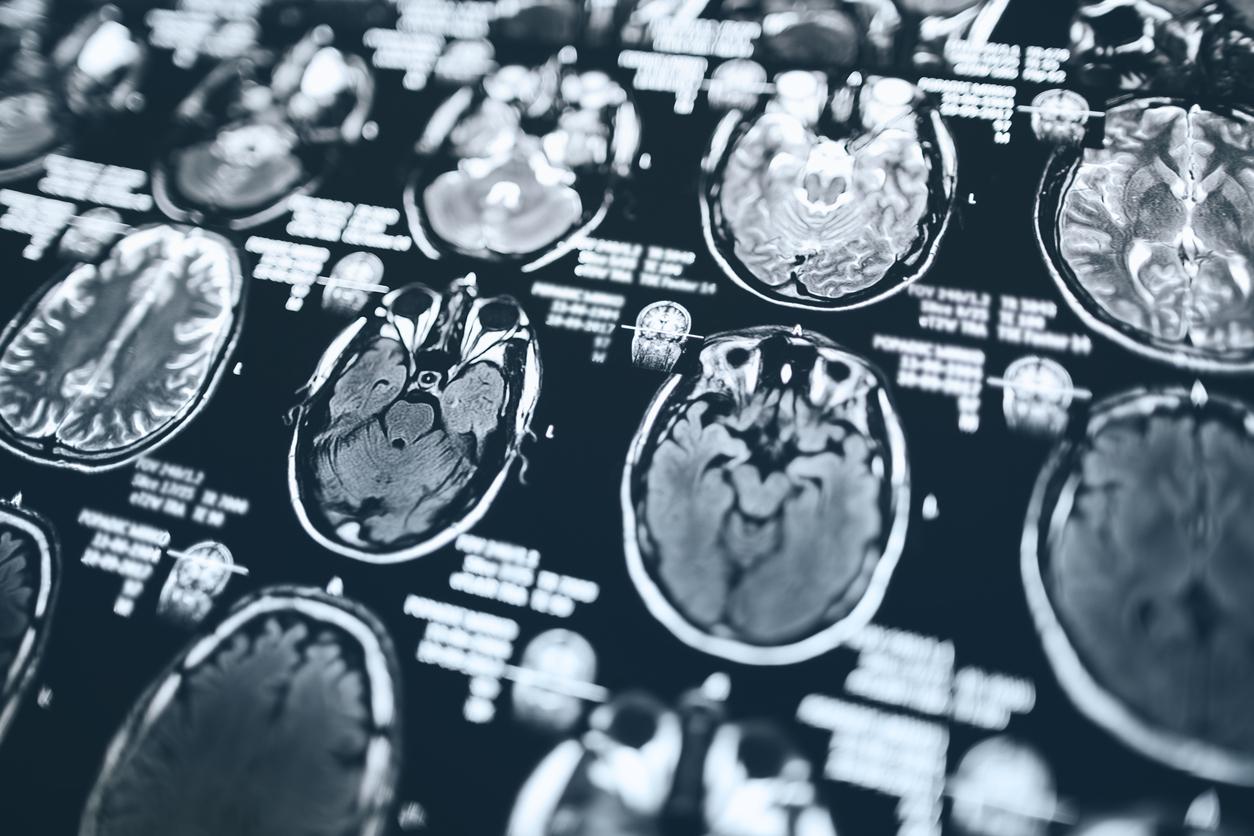Aging leads to changes in neuronal and cognitive abilities. The hippocampus, an area of the brain dedicated to spatial and episodic memory and learning, is particularly sensitive to these effects of age.
Researchers at Stanford University (United States) hypothesized that plasma at an early stage of development, namely that of the umbilical cord, could provide a reservoir of proteins that promote plasticity in the brain.
Better success in cognitive tests
In a study published in the journal Nature these American researchers show that plasma injections of the human cord made it possible to revitalize the hippocampus and improve cognitive function in elderly mice. These injections were given every four days for two weeks, directly into the bloodstream of the rodents. The mice used had immune systems altered so that they did not reject this human tissue.
After blood injections, rodents had to pass cognitive tests, for example in mazes. The researchers observed that, compared to rodents that did not receive an injection, those that received plasma performed better on tests measuring their memory and learning ability.
Read also : Blueberries against cognitive decline
According to scientists, the reactivation of the hippocampus is due to a protein particularly abundant in the human umbilical cord (the TIMP2 protein), but the rate of which decreases with age. They have filed a patent to use it in a possible treatment against Alzheimer’s disease.
Read also :
Cognitive decline: should you train your brain?
Bad cholesterol involved in cognitive decline













